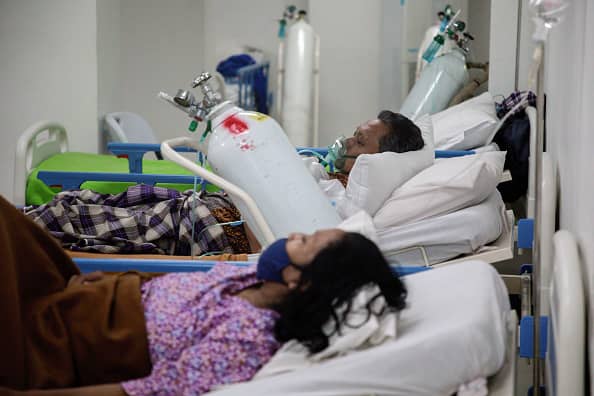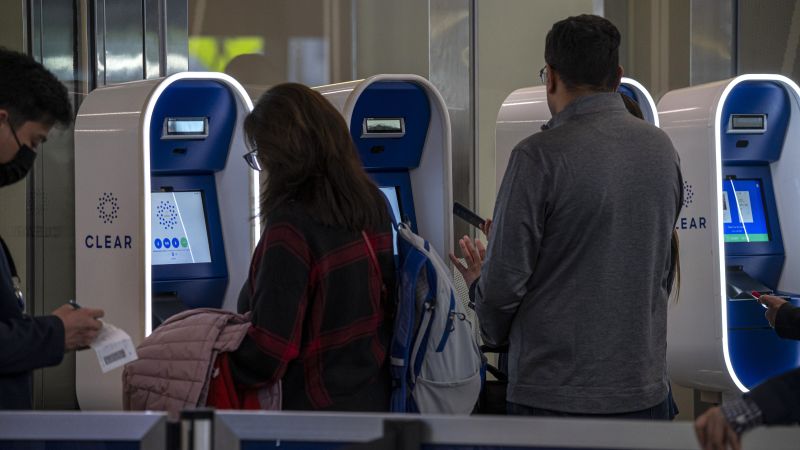According to Health Minister Budi Gunadi Sadikin, the Indonesian government increased hospital bed capacity in anticipation of a post-holiday spike in Covid infections, but sections of the country are still running out of beds as daily cases reach new highs. According to CNBC’s “Street Signs Asia,” Indonesia has up to 130,000 beds allocated to Covid patients, with 72,000 people in isolation beds as of yesterday. He did agree, though, that the Southeast Asian country is dealing with two issues. He explained, “The first issue is that the acceleration is significantly faster than what we witnessed in January and February.” “That’s why, in a densely populated location, we’ll begin mobility limitations next week to ensure that new patients arrive to the hospital at a slower pace.” The delta variety, which was originally discovered in India, he said, was to blame for the rise in new cases. Last week, Indonesia strengthened restrictions in infection hot regions, and on Thursday, it stated that from July 3 to July 20, tougher emergency measures will be in effect. It has already reached 90 percent of bed capacity in the Jakarta area. Sadikin Budi Gunadi Indonesia’s Minister of Health The second problem is that illnesses are concentrated in specific areas of the country, particularly on Java, the country’s most populous island. “It’s already nearing 90 percent of bed capacity in the Jakarta area,” he remarked on Wednesday. The International Federation of Red Cross and Red Crescent Societies’ Jan Gelfand stated that “lightning-fast action” is required to provide vaccines to countries like Indonesia. In a news release, Gelfand, the IFRC’s head of Indonesia delegation, said, “Every day we witness this Delta variation dragging Indonesia closer to the edge of a Covid-19 catastrophe.” There will be no nationwide lockdown. Indonesia’s health minister is apparently pressing for stronger Covid restrictions in the country, but told CNBC that a statewide lockdown is not on the table. “Definitely not,” he responded, “since the cluster is limited to a specific location.” “This is not available in Kalimantan. This isn’t found on Sulawesi. The majority of Sumatra lacks this, and Bali remains under authority.” Indonesia’s tourism minister told Reuters this week that the country hoped to reopen Bali, a popular holiday spot, by the end of July or early August, but that the country would have to be “mindful” of the recent increase in cases. In Sumatra and Kalimantan, barely 30 to 40 percent of hospital beds are in use, according to health minister Budi. “It’s not dispersed evenly.” Inside the Wisma Atlet Covid-19 Emergency Hospital complex, a Covid-19 patient. SOPA Images | LightRocket | Getty Images | Risa Krisadhi He also stated that Indonesia can expand oxygen production if necessary, and that some industrial supply had been transferred to hospitals. However, distribution is a problem because manufacturers are primarily located in West and East Java, while central Java is in desperate need of oxygen, he explained. Progression of vaccinations In terms of vaccinations, Budi claims that the country has given out 43 million doses to a population of about 28 million people. This is little more than ten percent of Indonesia’s population of roughly 276 million people. This week, he said, the immunization rate has been consistent at roughly 1 million doses per day. “Our president requested me to boost the number of doses every day from 1 million to 2 million, which we can accomplish now because we’re asking the business sector, the police, and the army to support us,” he stated. China, Japan, Australia, the United States, and Covax, a worldwide alliance that aims to supply vaccines to impoverished countries, have all donated to Indonesia, according to Budi. It also has deals with AstraZeneca and Pfizer to buy vaccinations, he said. According to the World Health Organization, new Covid cases reported in Indonesia between June 21 and June 27 were up 60% over the previous week. During that time, there were also 2,476 deaths. According to data from Johns Hopkins University, Indonesia had reported 2.16 million coronavirus infections and 58,024 deaths as of June 29./n
Read MoreParts of Indonesia are running out of hospital beds as delta variant surges, health minister says
2021-07-01T05:38:59-04:00July 1st, 2021|





